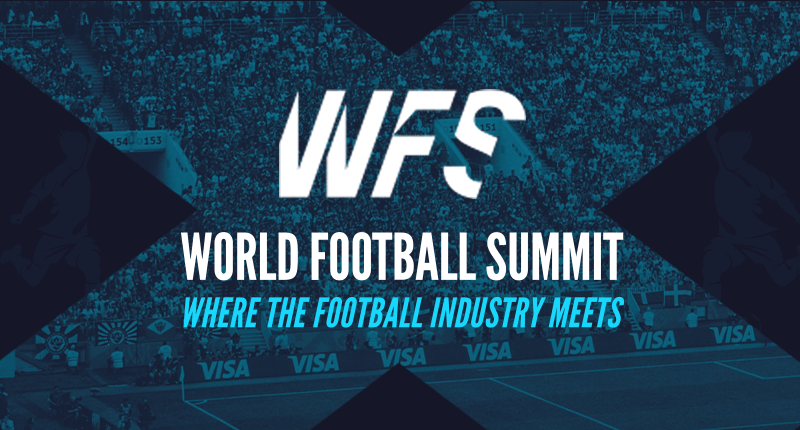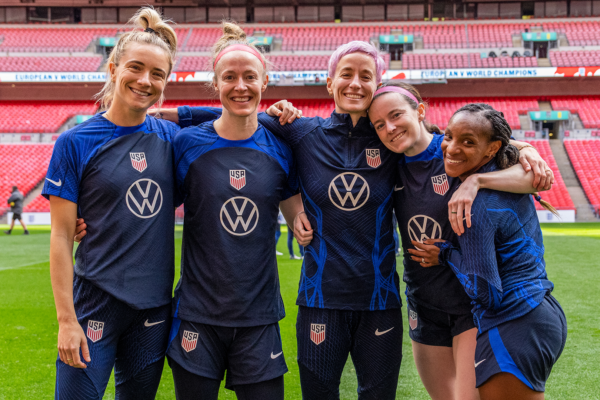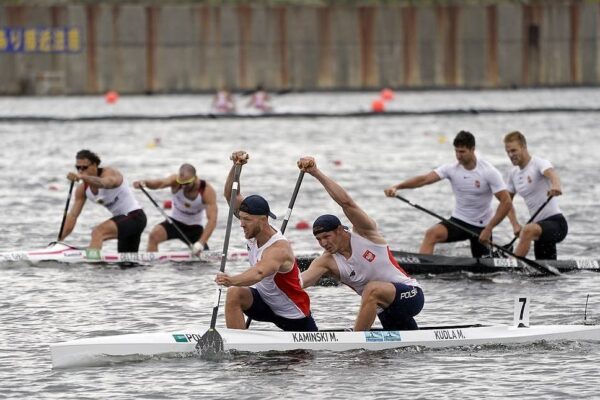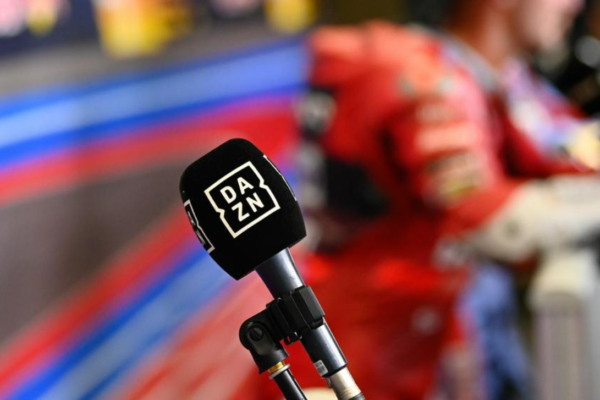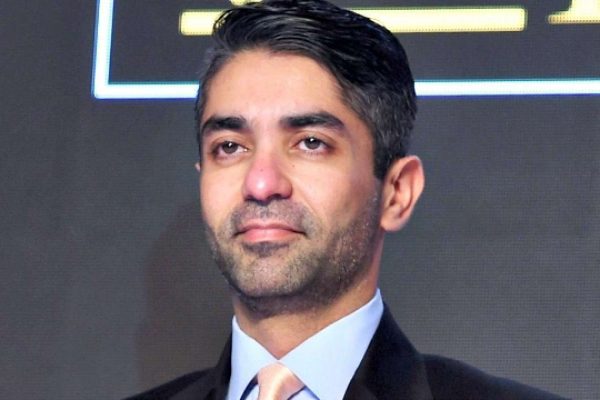Juli Ferre Nadal boasts of 15 years experience in sports & entertainment in properties such as Cirque du Soleil, FC Barcelona and AS Monaco, amongst others. In 2020 he created JFN Sport, dedicated to support companies, right-holders and start-ups in the field of sports. The Playknox spoke with him to discuss recent trends of NFT, cryptocurrency among other things.
Tell us more about yourself.
I’m originally from Barcelona and have more than 15 years of experience in sports and entertainment. I started actually with Cirque de Soleil in the sponsorship department when their European headquarters were in the Netherlands. That’s where I started to work in sponsorship which was a great experience because it was a great brand, had great activity, a lot of touring, shows and it was amazing to learn.
But then I realized I really wanted to get into sports. It was a natural thing for me to go from entertainment to sports. I started with beach soccer with a company which was based in Barcelona and back in the day had an agreement with FIFA for the World Cup and we ended up doing three World Cups, the European Cup and the qualifiers for the World Cup.
I then got the opportunity to get into FIBA based out of Switzerland and it was great as I experience the world cup, the 2012 Olympics, Euro Basketball America so I got to see how the big sport is managed from the International Federation and then I landed my dream job with FC Barcelona. It was phenomenal and I spent almost 5 years leading first International business and then the global sponsorship. I worked across projects whether summer tour, digital so it was a great experience.
But I always like to change when the right time comes and then came the opportunity to be the commercial and marketing director of AS Monaco. They gave me the opportunity to lead a full commercial department of a European club. I was there for two and a half years and then I decided to start my own business which is consulting in sports business, commercial operations, sponsorship deals, and then also consult for investing in startups, innovation programs, with sports funds, so you know, I tried to open up my experience into sports to innovation, new trends and what’s happening on the digital ecosystem which is very timely. So overall, long story short the different activities of the sports business.
What is your view on the new trends like cryptocurrency, NFTs, metaverse etc.
I think it’s going to be good. I think the reality is that we are seeing new market born, raise and growing up in front of us. It is happening now and we are all learning. I think some people are still reluctant and it’s not wrong. In every market there is a moment when there is a boom which creates a bubble where there are many projects happening there is hype and there is a lot of money and so on. And then after this first phase, comes the stabilization of the market in which not all the initiatives will be there but the market will stay.
Some people rightly compare it to early 2000s when we had the dot com bubble and boom and everything could be on the net. We know many initiatives failed and didn’t work but there is no dispute that what happened then, stayed in our lives and is still in our lives. But not everything survived as it wasn’t sustainable. I think we are actually experiencing the same thing now.
So basically the NFTs, cryptos etc. is enabled by the same technology as blockchain and that’s going to be in our lives. Not only in sports but in everything we do. So I think that it’s right to be cautious because many projects are very young without any track record. There is risk and it depends how much risk you want to take. I would recommend everyone to be cautious but still get into it because you have to. The rush is never a good thing. It is about studying the market. There is going to be a lot of trial and error. For me metaverse is a different world where we are just in the beginning. We can’t comprehend what the metaverse will imply in our lives. I think it’s important to be part of it, and to take some baby steps, but again, realize that it’s not a consolidated thing yet. It’s actually in the early stages, so we will be learning as we go.
Most clubs have established their global presence. How is this evolving further?
There is one word that is used ‘fan monetization’ – how you monetize your fans. Naturally, if you can have a direct link with your fans all over the world, your fanbase automatically increases by millions. I am talking from a pure commercial and marketing point. It’s important that you enlarge your market at the beginning. If you focus on season ticket holders then you will have just thousands. If you are lucky like FC Barcelona or Bayern, you know you have over 100,000 members. But then how do you talk to the rest? So you enlarge that. Then you have the non-ticket holders who are in Europe. The more you can expand that, the bigger your market will be. That’s fundamental for any club or league.
NBA are the pioneers of what we do in football. They went to China before anybody else and put offices all over the world and created a global phenomenon. It enlarged its market. After broadcast, social media was the way to count your digital followers and engage with them. Now, the web 3.0 is enabling you to involve them more and monetize them more. Social media has been fantastic in terms of reach, communication. Facebook and Instagram are helping monetize fans. With NFT, Fan tokens the scope has expanded further.
How much has the commercial strategy evolved in the past decade?
It has evolved a lot because the sponsorship market needs to adapt to the brands and the companies. It has evolved as much as the competence of the marketing departments and objectives of the companies have evolved. 15 years ago, the decisions were less rational. After the financial crises of 2008, the budgets became tight especially when it came to spending on sports. We were asked about ROIs and that’s why we had to adapt to demonstrate why we were efficient for them and then this comes together with digital. Digital allows you to provide data and how many people you could reach. It was all about numbers. The bigger the number, the better.
Now brands want to know who are the people they can reach through sponsoring a team. They don’t want to reach a million people but rather those people who will buy their product when they see it being advertised. Also, they want to know if it is a young audience, a male audience, a female audience etc. The sports clubs and league now need to prove that by sponsoring them, the brand will be able to reach their target.
We recently saw many clubs/sports organizations dropping Russian partners due to the Ukraine-Russia war. Can sports organizations stay independent from politics?
Sometimes politics play a big role when the society is involved and the clubs/organizations can’t ignore that. We are seeing more and more fans expecting the club to be sensitive to some things for eg. the Black Lives Matter movement in the US. But it isn’t politics per se. It is something which is happening in the society. It becomes sensitive when the clubs/organizations are expected to take action at one event and not in another. This becomes very confusing and complicated for the clubs/organizations as well because who determines that? For eg. once FC Barcelona went to play a friendly in Saudi Arabia and they supported LGBTQ rights but were criticized there. I don’t think clubs can say “We can’t play here or there” because they need to run the club.


